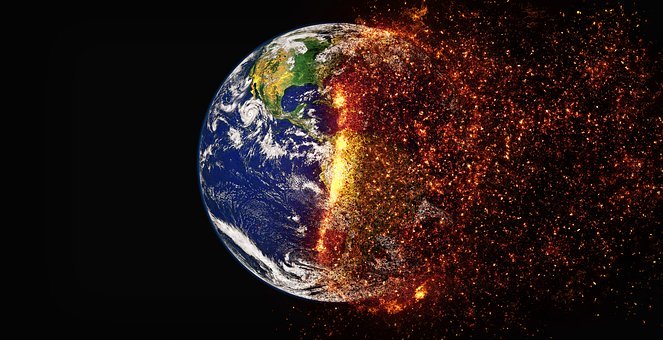In news that will certainly frustrate many in the climate change community Sir Nicholas Stern who was the former Chief Economist of the World Bank, announced that the world needs to invest just 1% of GDP in saving the planet. The Stern Review proposes that just one percent of global GDP per annum is needed if we are to avoid the worst effects of climate change. Stern has also increased the estimate for the annual cost of achieving stabilization between 500 and 550 ppm CO2e to 2% of GDP to account for faster than expected climate change.

Resistance
Given what will happen if we do not take action and given the low cost of saving ourselves, it seems odd that we are not actively going after it, so why is there resistance? In the case of some nations they are in complete denial as to the threat of climate change or any evidence which supports it. There are also some who do not wish to spend the money on this and then you have nations which simply do not want to change. It is actually quite staggering the level to which many countries around the world are ignoring this very real threat.
Response
The Stern Review has not had many critics since it was released with most in support of his investigation and the findings. Any criticism which was received was that he had potentially underestimated the impacts climate change will have. Prof. Bill McGuire of Benfield UCL Hazard Research Centre was one such critic.
“ Radical ideas are needed not only at the level of understandings but also of forward strategies. The Stern Review is much stronger on the former than the latter, and leaves a lot of questions unanswered on implementation, particularly the downstream practicalities of bringing avoided deforestation into climate mitigation efforts”
It could appear therefore to require more than 1% of global GDP in order to solve the climate change issue, but even if doubled, 2% still seems a low cost to pay in order to save the planet from the effects of climate change.
Slow Progress
Whilst it is certainly easy to feel as though no progress is being made with regards to climate change it is essential that we pay attention to the good work which is being done. We have seen acts such as the Kyoto Protocol which was signed back in 1997, an agreement from wealthy nations to reduce their carbon emissions. We have also seen a huge increase in research into renewable sources of energy and after many years climate change is very much a topic of discussion in places such as the G8 summit. We do need to be faster in terms of seeking ways in which to reverse tis man-made disaster of ours, but at least things appear to be moving in the right direction.



